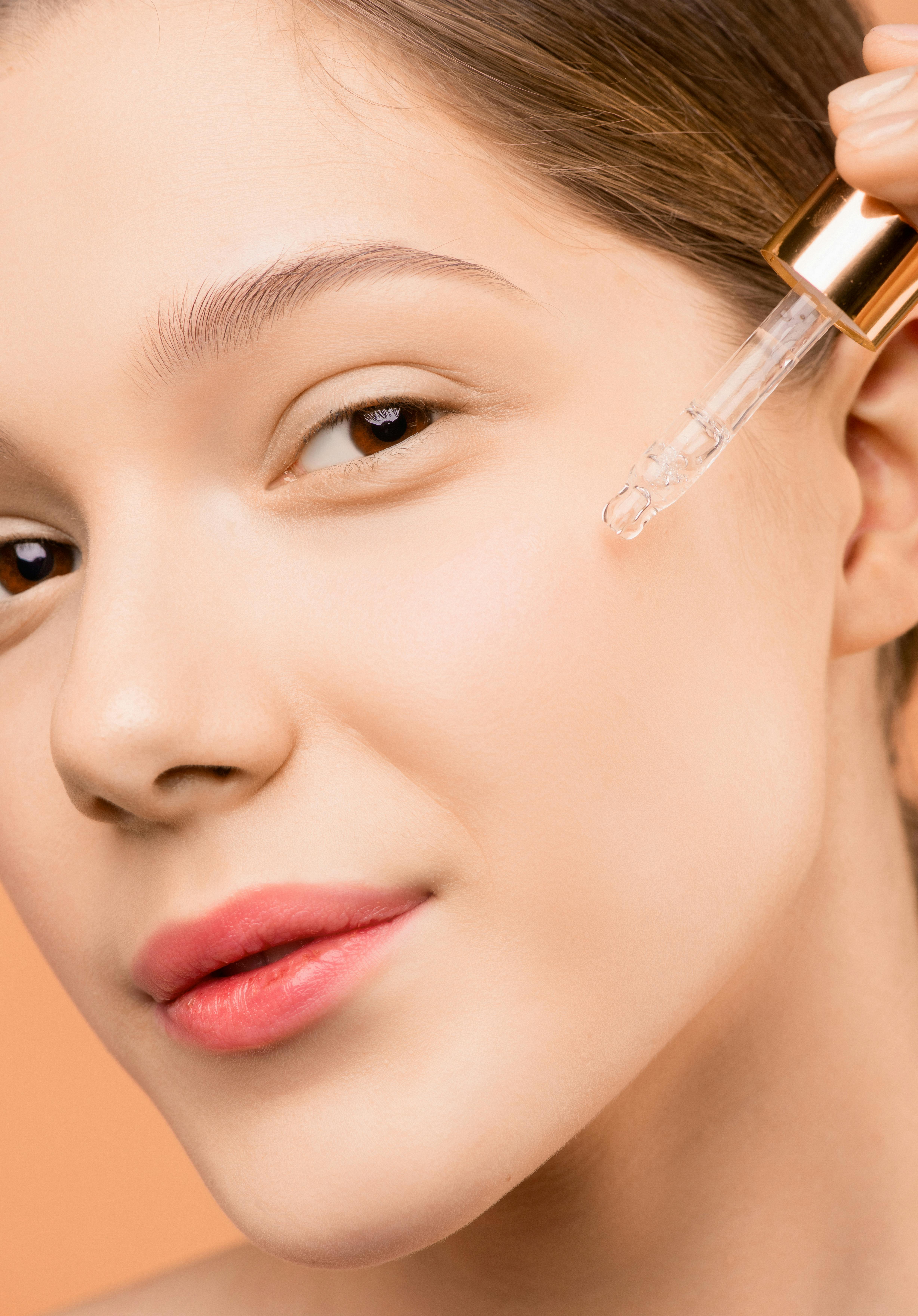Insights into Anti-Aging Skincare and Wellness for Seniors in Canada in 2025
Seniors in Canada interested in addressing wrinkles and skin firmness changes in 2025 have access to a range of anti-aging creams and skincare strategies, including advanced formulations with peptides, antioxidants, and hyaluronic acid, as well as professional treatments like laser therapy and microdermabrasion to enhance skin texture and vitality.

Understanding How Skin Changes with Age
The aging process brings inevitable changes to our skin’s structure and function. After age 50, skin naturally produces less collagen and elastin—proteins responsible for skin’s firmness and elasticity. This reduction leads to thinner, more fragile skin prone to wrinkles and sagging. Additionally, sebaceous glands produce less oil, making mature skin drier and more vulnerable to environmental damage.
In Canada’s varied climate, these natural changes are often amplified by environmental factors. Harsh winters with low humidity levels can further dehydrate already moisture-depleted aging skin, while summer’s increased UV exposure may accelerate age spot formation. Understanding these physiological changes helps develop more effective skincare approaches for seniors facing Canada’s distinct seasonal challenges.
Notable Anti-Aging Creams and Ingredients for Seniors in 2025
The anti-aging skincare market in 2025 features several scientifically-backed ingredients that address specific concerns of mature skin. Peptides continue to gain prominence for their ability to stimulate collagen production and improve skin elasticity. Products containing acetyl hexapeptide-8 and palmitoyl pentapeptide-4 show particular promise for reducing fine lines around the eyes and mouth.
Antioxidant formulations have become more sophisticated, with stabilized vitamin C derivatives and astaxanthin offering powerful protection against free radical damage. Canadian formulations increasingly incorporate locally sourced botanical ingredients such as Labrador tea extract and arctic cranberry seed oil, which provide protection against harsh environmental conditions specific to the Canadian climate.
Retinol alternatives like bakuchiol have gained significant popularity among seniors due to their gentler nature while delivering similar benefits. These plant-derived compounds help address fine lines and uneven skin tone without causing the irritation sometimes associated with traditional retinoids—an important consideration for sensitive aging skin.
Practical Skincare Tips for Seniors Focused on Skin Health
Effective skincare routines for seniors prioritize gentle cleansing, intensive hydration, and consistent sun protection. Using lukewarm (not hot) water and pH-balanced cleansers helps preserve the skin’s natural moisture barrier. Cream-based cleansers containing ceramides or hyaluronic acid provide cleansing without stripping essential oils from already dry mature skin.
Layering skincare products can maximize effectiveness. Starting with thinner consistencies (like serums) followed by heavier moisturizers allows better penetration of active ingredients. For Canadian seniors, incorporating a dedicated night cream with repair ingredients like niacinamide or peptides helps support the skin’s natural regeneration process during sleep.
Sun protection remains essential year-round, even during Canadian winters. Mineral sunscreens containing zinc oxide or titanium dioxide offer gentle yet effective protection for sensitive senior skin. Broad-spectrum formulations with SPF 30 or higher should be applied daily, regardless of weather conditions or planned outdoor activities, to prevent further photoaging and reduce skin cancer risk.
Anti-Aging Skincare Options Available in Canada
The Canadian market offers various anti-aging products across different price points, formulations, and ingredient concentrations. Understanding the available options helps seniors make informed choices based on their specific skin concerns and budget constraints.
| Product Category | Typical Price Range (CAD) | Key Ingredients | Best For |
|---|---|---|---|
| Drugstore Moisturizers | $15-45 | Hyaluronic acid, niacinamide, peptides | Daily hydration, mild texture improvement |
| Mid-range Serums | $50-120 | Vitamin C derivatives, retinol alternatives, ceramides | Targeted concerns like fine lines |
| Premium Night Creams | $80-200+ | Peptide complexes, plant stem cells, specialized antioxidants | Intensive overnight repair |
| Specialized Eye Treatments | $30-150 | Caffeine, peptides, hyaluronic acid | Reducing puffiness, dark circles |
| Canadian Natural Formulations | $40-120 | Local botanicals, cold-pressed oils, marine extracts | Sensitive skin, environmental protection |
Prices, rates, or cost estimates mentioned in this article are based on the latest available information but may change over time. Independent research is advised before making financial decisions.
Holistic Approaches to Aging Well in 2025
Modern anti-aging strategies extend beyond topical treatments to embrace holistic wellness practices. Proper hydration supports skin from within, with recommendations for seniors to consume 6-8 glasses of water daily, adjusted for individual health needs. Nutrition plays a crucial role, with diets rich in omega-3 fatty acids, antioxidants, and lean proteins supporting collagen production and cellular repair.
Sleep quality significantly impacts skin regeneration. Technologies like smart bedding and sleep-tracking devices have become more accessible to Canadian seniors, helping optimize rest periods when skin repair naturally occurs. Stress management techniques, including mindfulness practices adapted for seniors, can help reduce cortisol levels that contribute to accelerated skin aging and inflammation.
For comprehensive skin health, many Canadian seniors now work with integrated care teams that might include dermatologists, nutritionists, and wellness coaches who collaborate to address both external skincare and internal factors affecting skin appearance and health.
Conclusion
Anti-aging skincare for Canadian seniors in 2025 represents a balanced approach combining advanced ingredient science, practical daily routines, and holistic wellness practices. By understanding the natural changes that occur in aging skin and selecting appropriate products with evidence-based ingredients, seniors can maintain healthier, more resilient skin despite environmental challenges. With attention to both external care and internal support, maintaining skin health becomes an achievable aspect of aging gracefully in the Canadian context.
This article is for informational purposes only and should not be considered medical advice. Please consult a qualified healthcare professional for personalized guidance and treatment.




